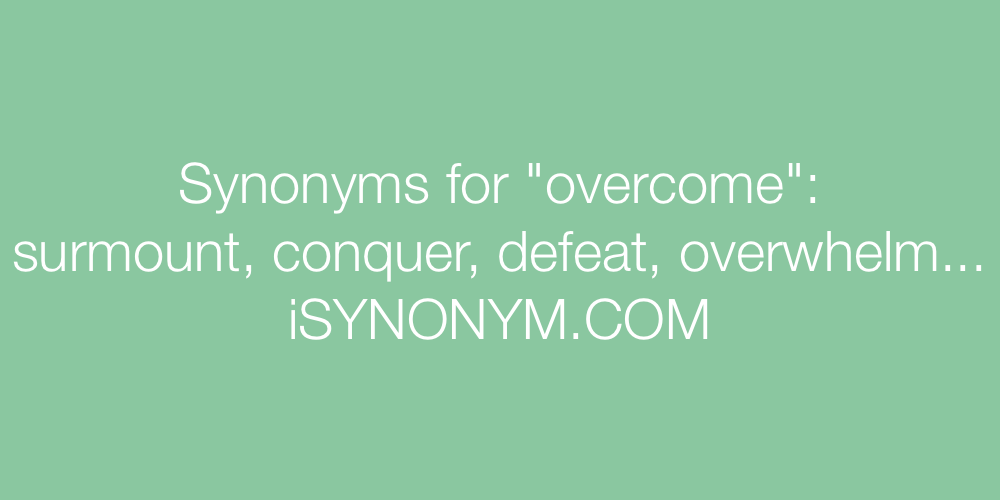

Consider a study that colleagues and I conducted in 2008 and replicated last year. Use behavioral principles to wean yourself from your digital devices.įor the past few years, psychologists have been examining the recent dramatic changes in humans’ relationship to technology. I assured him that I could, and that he wasn’t alone. Marco confessed all this to me after I spoke at his children’s school, and then he asked if I could help him change his habits. Evenings at home were spent on his phone or laptop instead of interacting with his wife and kids. At the office he was so distracted by incoming e-mails and texts that he had trouble completing important tasks, and colleagues grumbled about his failure to engage in meetings. Over breakfast he read news on his CNN app, and even when driving to work, he couldn’t resist looking at his phone. Marco, a 38-year-old manager at an educational app company, used to start every day with his smartphone, checking it and replying to messages before getting out of bed. Taken together, their solutions offer a useful primer on how we can begin to tackle this huge and growing challenge. Samuel argues that the best way to fight digital distraction is with the strategic use of digital tools. Rosen believes that we should systematically turn away from the information stream and focus on more energy-enhancing activities. We suspected that their disparate backgrounds would lead them to offer dramatically different advice, and we were right. But how, exactly, does one do that? We asked two experts: Larry Rosen, a psychologist, and Alexandra Samuel, a technologist. Most people agree on the solution: Control the digital overload rather than letting it control you. The Information Overload Research Group, a nonprofit consortium of business professionals, researchers, and consultants, reports that knowledge workers in the United States waste 25% of their time dealing with their huge and growing data streams, costing the economy $997 billion annually. The result is reduced productivity and engagement, both in the office and at home.

As the late Clifford Nass and his colleagues at Stanford University have shown, people who regularly juggle several streams of content do not pay attention, memorize, or manage their tasks as well as those who focus on one thing at a time.

We waste time, attention, and energy on relatively unimportant information and interactions, staying busy but producing little of value. This culture of constant connection takes a toll both professionally and personally. And when we’re tempted to procrastinate, diversions are only a click away. All day and night, on desktops, laptops, tablets, and smartphones, we’re bombarded with so many messages and alerts that even when we want to focus, it’s nearly impossible. Indeed, combining them may be the best way to combat digital distraction.ĭigital overload may be the defining problem of today’s workplace. The authors’ approaches needn’t be mutually exclusive. You can also automate your postings to social networks. She suggests filtering your e-mail and using a newsreader app to customize the stream of articles and blog items you receive. His advice: Limit the time you spend with your devices, using behavioral techniques to gradually wean yourself away when you are using technology, take periodic breaks to exercise, meditate, or otherwise recharge and avoid on-screen activities before bedtime, to ensure that you get proper rest.Īlexandra Samuel, a pioneer in electronic engagement, recommends the opposite tack: Embrace technology and make smarter use of digital tools to manage information overload. Larry Rosen, a psychologist, advocates pulling away from technology in order to refocus.

So how can you avoid digital overload? In this article, two experts offer dramatically different strategies. But they can also be dangerous: Research shows that spending too much time on e-mail and social media reduces your productivity and engagement at home and at work. Many people today regard their computers, tablets, and smartphones as indispensable, both professionally and personally.


 0 kommentar(er)
0 kommentar(er)
